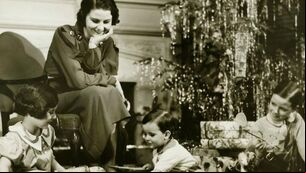Upholding the right of children to be heard

The Children’s and Young People’s Assembly on Biodiversity Loss will inform the work of the Citizen’s Assembly on Biodiversity Loss. Pictured is Chairperson of the Citizens’ assembly on Biodiversity Aoibhinn Ni Shuilleabhain with Dr Roman Krznaric.







 App?
App?




